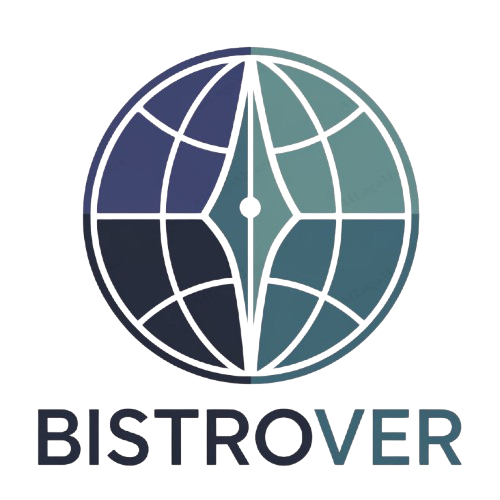Hidden Costs of Running a Restaurant How to Tackle Tax Challenges
Running a restaurant is often a dream come true for many entrepreneurs. It offers the perfect combination of creativity, hospitality, and business acumen. However, the financial side of managing a restaurant often hides challenges that can catch even the most experienced operators off guard. Taxes, in particular, can be a minefield of complications, from unexpected liabilities to complex regulations. Understanding these hidden costs is essential to maintaining your restaurant’s profitability. For those struggling to keep up, exploring professional tax resolution services prices can provide much-needed clarity and solutions.
Managing the Financial Environment of Restaurants
Restaurants are very much price-sensitive businesses where the cost of food, employees, and rents typically account for a large chunk of sales. In these expenses, taxes are sometimes considered to be an added expense. In addition to normal income tax, restaurants deal with payroll, sales, and occasionally excise taxes for certain products. These obligations can stack up very fast, causing a lot of pressure on the restaurateurs.
For example, sales tax collection is a perpetual obligation that requires regular and correct monitoring and payment. Failure to meet a deadline or reporting a low figure means you are penalized, and your cash flow is affected. Third, payroll taxes involve record keeping and must meet federal and state laws and regulations. Anything as simple as a mistake can lead to an audit, which adds more pressure to restaurant owners, given other responsibilities they have to attend to.
Tackling Tax Challenges in the Restaurant Industry
Overcoming tax issues begins with tax planning and comprehension of your responsibilities. Keeping good financial records is one of the basic requirements. An organized sales, inventory, and payroll system guarantees that you have essential paperwork to meet tax laws. Some restaurant owners have realized that acquiring specialized accounting programs for the restaurant business can help eliminate several mistakes.
Another determinant is professional help. The laws governing taxes are usually complex and depend on the country’s jurisdiction, making it hard to note some of the most important features. To avoid getting lost in such issues, consulting an experienced accountant or a tax consultant specializing in the restaurant business is advisable. It can look for deductions applicable to your particular type of business, such as depreciation on equipment or even credit for hiring certain employees, which greatly helps lower your taxes.
In such a case, tax liabilities have become unmanageable, so one can benefit from professional resolution services. Specialists in this area engage with the tax authorities to discuss payment structures, minimize fines, or even attempt to pay less than the full amount owed. You can also outsource your restaurant’s management to them to concentrate on stabilizing its finances.
Read more : The Ultimate Guide to Workplace Ergonomics: 4 Thing
The Long-Term Benefits of Effective Tax Management
Tax planning is not just about meeting the current commitments. It is of great importance in conceptualizing long-term financial needs and prospects. A restaurant that follows tax laws strictly avoids penalties and audits and lays a good foundation for business expansion. Sound financial practices also help you to gain the confidence of investors, lenders, and partners for future business dealings.
Also, knowing your tax status may indicate your overall financial well-being. In a way, you free up capital for reinvestment into your business by discovering where you can cut back on spending or streamline processes. Whether it is to purchase new kitchen equipment, to boost your marketing, or to expand your range of offerings, these are the capital expenditures that will lead to the company’s growth and increased profitability.
Where competition is high and financial issues are inevitable, being strategic on taxes is unique. Those restaurants with corporate governance structures and those that want to get professional advice are in a better position to handle the economic shocks and keep their competitive advantage.
Conclusion
Operating a restaurant involves managing the financial aspect of the business as it involves providing quality and satisfying meals. These implicit costs of taxes present some real difficulties, but they are not insuperable. These stigmatized procedures, as a sign of inefficiency, are the best ways to avoid and overcome tax obstacles. Especially for those who are dealing with such problems, it is possible to state that only professional help in resolving the problem can help to identify the further steps. Thus, you protect not only your restaurant’s financial stability and, therefore, its future but also your own.







